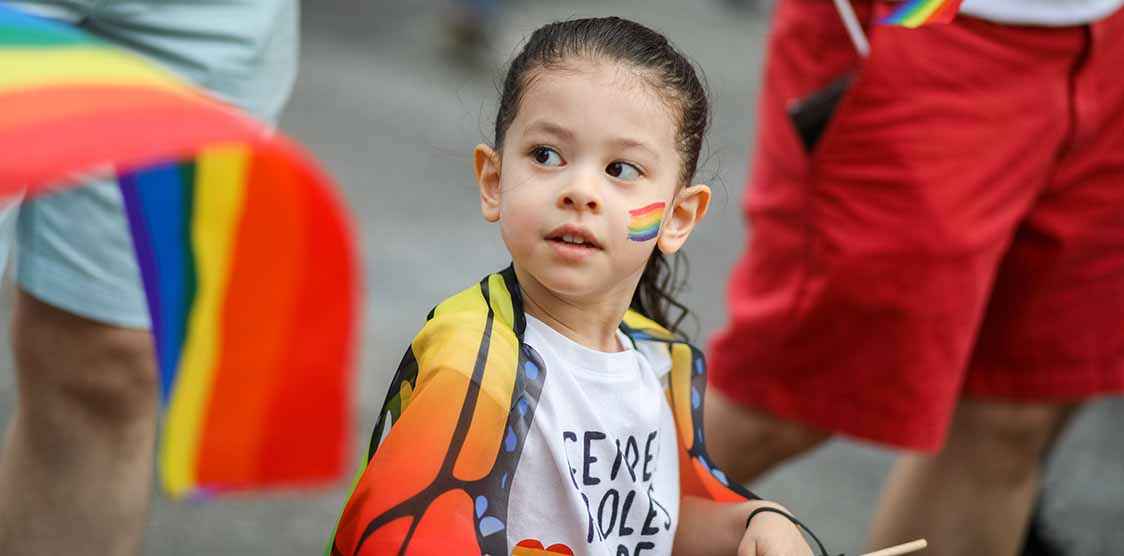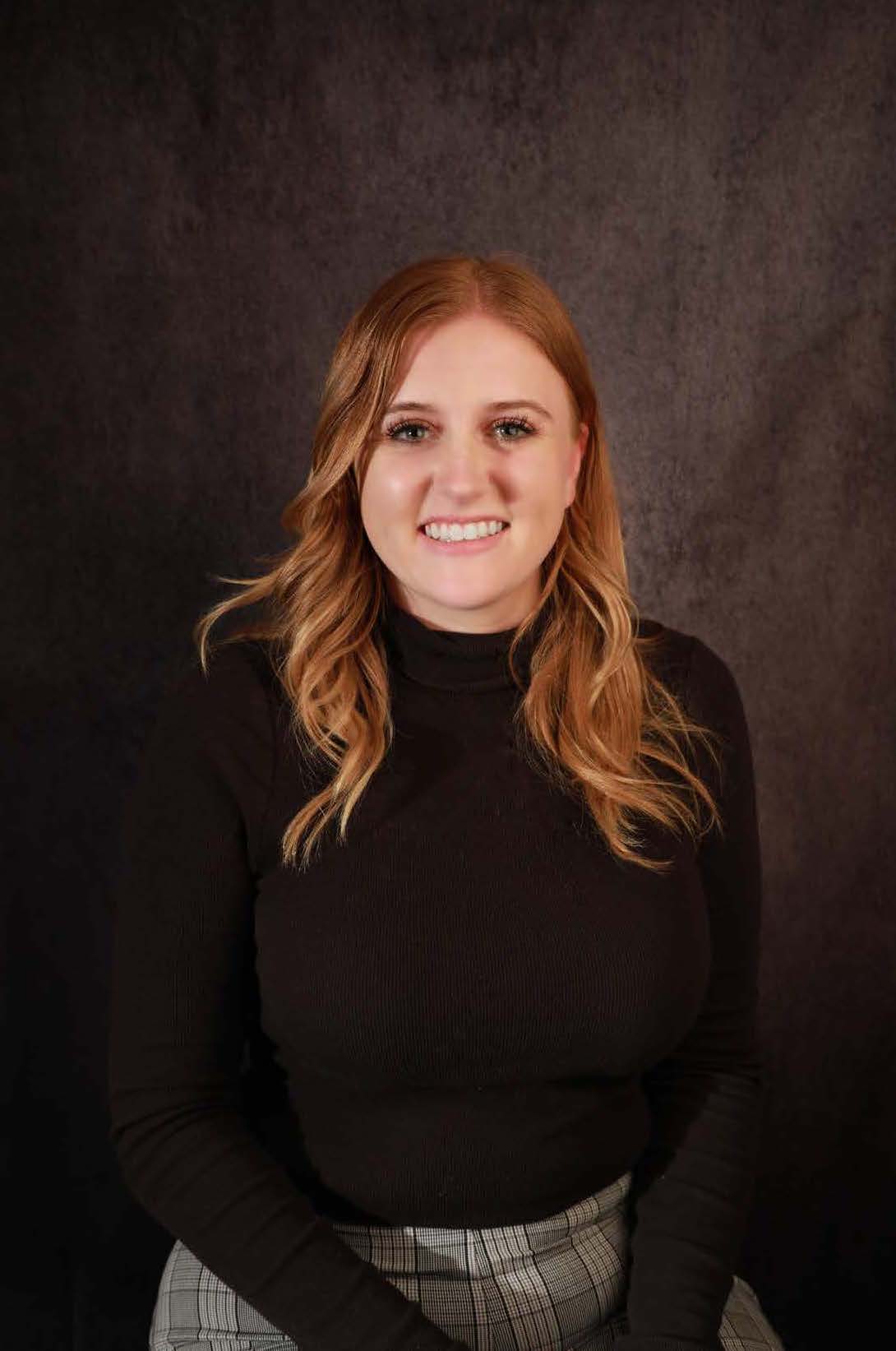
Pride Month is an annual celebration commemorating the Stonewall Rebellion anniversary on June 28, 1969. During the Stonewall Rebellion, patrons of a popular New York City establishment stood up to police raids and spurred protests that started the push for LGBTQ+ acceptance and rights. Since then, June has been recognized as Pride Month to celebrate the progress of history, individuality, and freedom to live as one’s authentic self within the LGBTQ+ community. According to the Human Rights Campaign, acceptance within one’s family is a common struggle among LGBTQ+ youth. As parents and guardians, showing our awareness and acceptance of the topic can go a long way with your little ones, whether they are questioning or not. Below are some tips to consider when talking to your child about Pride Month:
Focus on the Meaning and Celebration
Your child may not need to know every detail about the Stonewall Uprising to understand Pride Month. It’s more than okay to save the history component for down the road and to focus pride-related conversations on acceptance and inclusion. This can be as simple as explaining what is celebrated in the pride-related parades and events in your community, teaching them the meaning behind the rainbow flag, and explaining why this is a joyous time for many. Ensure the end goal of your conversations focus on the celebration pride and the significance of this annual celebration.
Speak to Build Trust, Not to Judge
How you talk about people builds your child’s early understanding of the world and can impact their own judgments, biases, and empathy toward others and themselves. Include open-ended questions in your conversations to gauge your child’s knowledge and thoughts, and refrain from using labels that perpetuate stereotypes. This approach demonstrates the support and safe haven you are providing for your child and what a supportive ally looks like.
Discuss Diversity, Discrimination, and Awareness Often
Help children understand the value of diversity by having ongoing conversations on diversity, identities, race, discrimination, and advocacy regularly rather than just during Pride Month. Being surrounded by role models with diverse experiences and viewpoints (in our community, school, family, etc.) helps us better understand the world around us and positively imprint a child’s life. Discuss what this means with your children and how this relates to your family’s values. If you are comfortable, educating your child on various identities and community groups may be beneficial as they progress in age and school grade.
Oregon LGBTQ+ Youth Resources
Oregon LGBTW Youth and Resources is a collaboration between Oregon Family Support Network (OFSN) and the Family Acceptance Project® (FAP) to increase family support for LGBTQ children and youth in Oregon to decrease health and mental health risks and to promote well-being. Learn more at: https://oregonlgbtqresources.org.
Bridging Voices: Bridging Voices (The Portland GSA Youth Chorus) is a youth chorus for LGBTQ+ and allied youth, ages 13-21, and strives to be a safe, accessible place for youth to experience empowerment and unity through music. It is Portland’s first Queer/Straight Alliance Youth Chorus and is one of the largest choruses of its kind in the nation. Learn more at: https://bridgingvoices.org.
PFLAG: Portland (for Parents!): PFLAG is an organization of LGBTQ+ people, parents, families, and allies with hundreds of chapters nationwide who are working to support families, educate allies, and advocate for just, equitable, and inclusive legislation and policies. Learn more at: https://www.pflagpdx.org/.
The Trevor Project: Free 24/7 resource center and crisis chat, text, and phone line for LGBTQ+ youth and adults. Learn more at: https://www.thetrevorproject.org.

Traci Muldoon is a public relations and public affairs professional, U.S. Army Reserves soldier, and part-time volunteer for a kitten rescue. She currently works in a public affairs role overseeing media relations, content development, enhancing community partnerships and developing communication campaigns.
Traci holds a Bachelor of Arts in Public Relations and a minor in English from California State University, Fullerton. She currently lives in Washington County with her significant other and their two cats and dog.
